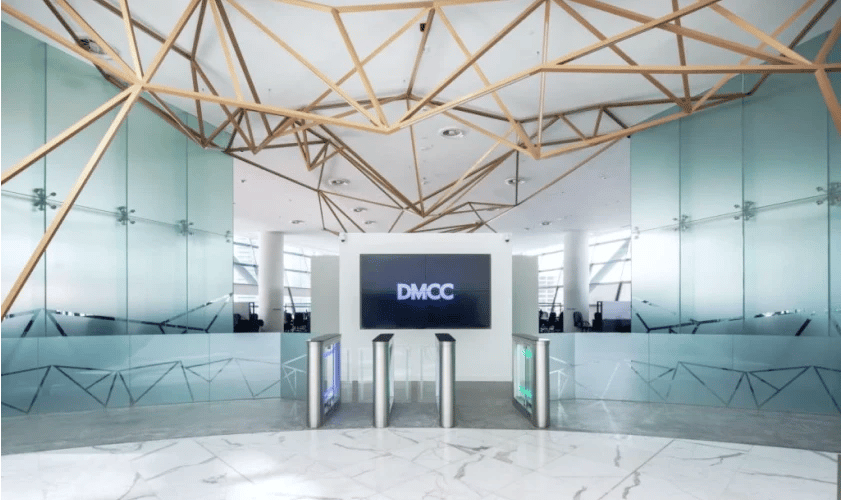Filter
Category
Diamond
Diamond: diamonds changing forever
Since 2011, dropping diamond prices have shrank profits. However, upcoming technology like automated manufacturing could disrupt the industry, simplifying the supply chain and reducing costs.
Trade Organisation
Brexit: the impact on British business and exploring new trade routes
Britain's choice to exit the EU has unravelled post-WWII European unity. Two years later, political disorder, economic instability, and continued Brexit uncertainty persist.
Trade Organisation
Dubai: the Middle East’s technology incubator accelerating life and business solutions
Some might see technology as a new mass market consumer product, or maybe an investment opportunity with promising upside potential. Not here.
Commodity Trading
The introduction of VAT in the UAE: what we know so far
The implementation of a 5% VAT in the UAE (2018) and GST in India (2017) has sparked questions about potential negative impacts on consumer spending and business trade.
Food and Agro
Sustainable food supply: the key to feeding the world
The DMCC's report highlights the growing concern of food security due to population growth, climate change, and development issues, underscoring the need for supply chain adaptation and opportunity identification.
Trade Organisation
Free Zones: Brexit security for British SMEs
Markets, and the companies that operate in them, abhor uncertainty. As such, it is only natural that in an environment where currency valuation, customs and excise, rules and regulations and even access to your customer base could change from one day to the next, companies – particularly small and medium size enterprises (SMEs) – are beginning to seek other options to a UK base.
Diamond
Blockchain: bringing new clarity to the diamond trade
Stemming the flow of illegal ‘conflict diamonds’ in international trade was massively boosted by the Kimberley Process (KP), established in 2000. This rigorous, UN-backed compliance system stands to become even more effective using Blockchain – a proven, distributed database trading technology that creates permanent, encrypted, tamper-free records.
Begin your business setup process today
Take the first step towards your business success by starting the setup process.














